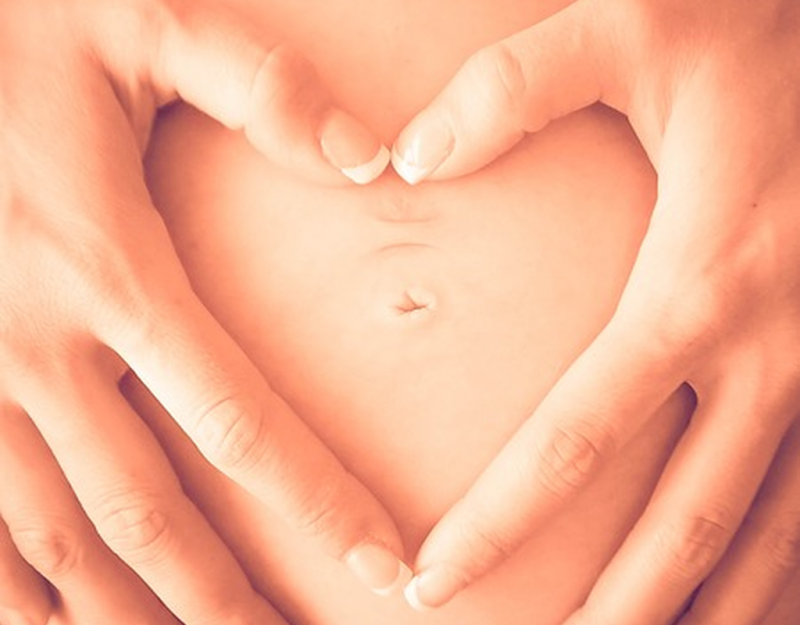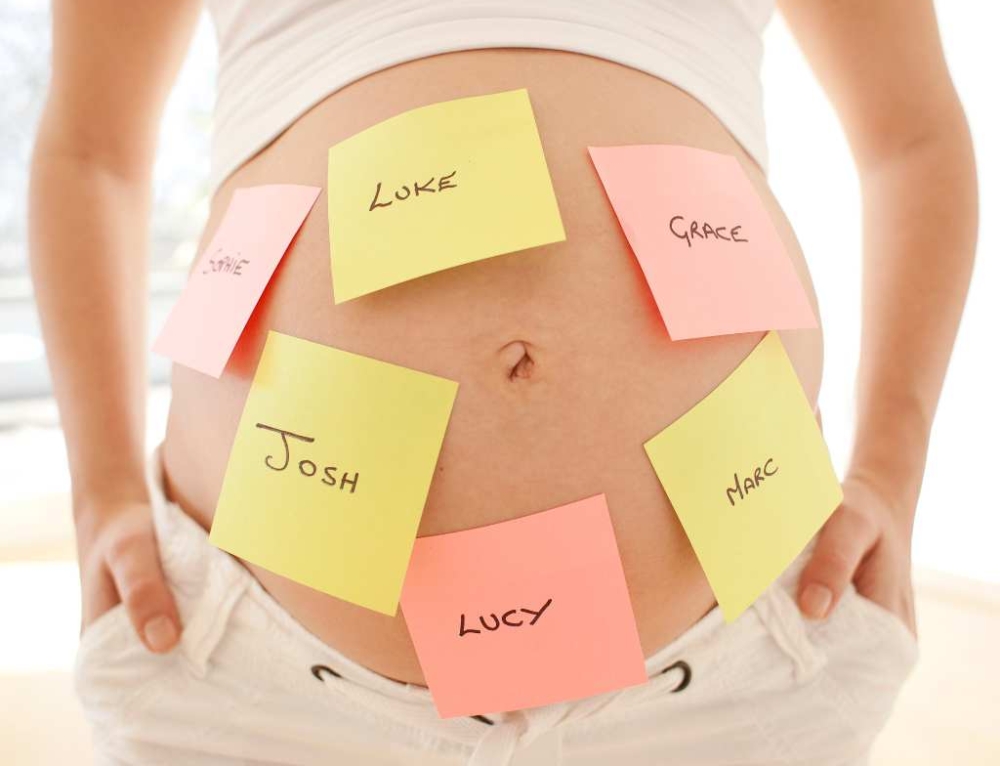Once your bleeding stops, you may have a few days (possibly up to a week) as a pre-fertile phase.
This is the time from when the bleeding finishes and when the fertile phase begins. During the pre-fertile phase, the lining of the uterus starts to thicken, regenerating after the period has finished. At the same time, a group of eggs in the ovaries start to ripen. One of these eggs (or sometimes two, if you are preparing for twins) starts to outperform the others, eventually becoming the selected one to be released at ovulation.
The two medical terms for this phase are the:
Follicular phase – referring to the eggs or follicles developing in the ovary, until one matures enough to be released.
OR
Proliferative phase – referring to the lining of the uterus (or endometrium) proliferating or thickening in preparation for a fertilised egg to implant.
The two hormones your ovaries produce, oestrogen and progesterone, remain low during the pre-fertile phase.
NOTE: Not all women experience a pre-fertile phase. Some women are fertile as soon as their period finishes, often indicating a shorter menstrual cycle (21 to 26 days in length).
Temperature
Your daily temperature should be fairly stable during the pre-fertile phase, somewhere around 36.5 to 36.7o Celsius (or 98.0 to 98.4o Fahrenheit).
Vaginal mucus
There may be no noticeable mucus at all, or very small amounts of thick, whitish, flaky or crumbly mucous, or possibly a small amount of thick, sticky, tacky, cloudy white or yellowish mucous, which feels very pasty. If you have had intercourse without a condom in the last 24 hours then your mucus may be difficult to detect because semen is present.
Cervix
If you decide to feel your cervix, this should feel relatively low, firm and only slightly moist (or even dryish) and tightly closed when compared to other times in the menstrual cycle.
Sensations and emotions
The pre-fertile phase may bring with it feelings of relief and well-being because the side effects of having a period have now passed.
Find more:
Read about the 5 phases in a normal menstrual cycle:







Leave A Comment
You must be logged in to post a comment.